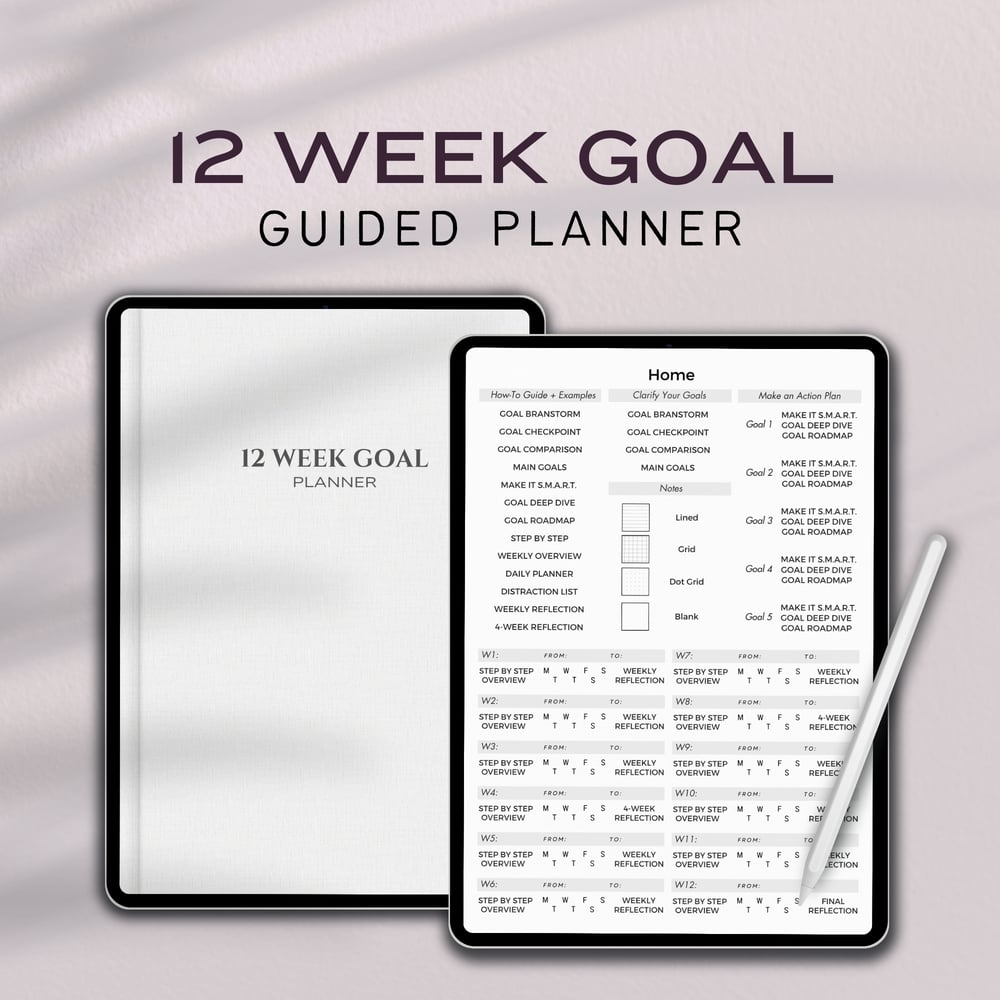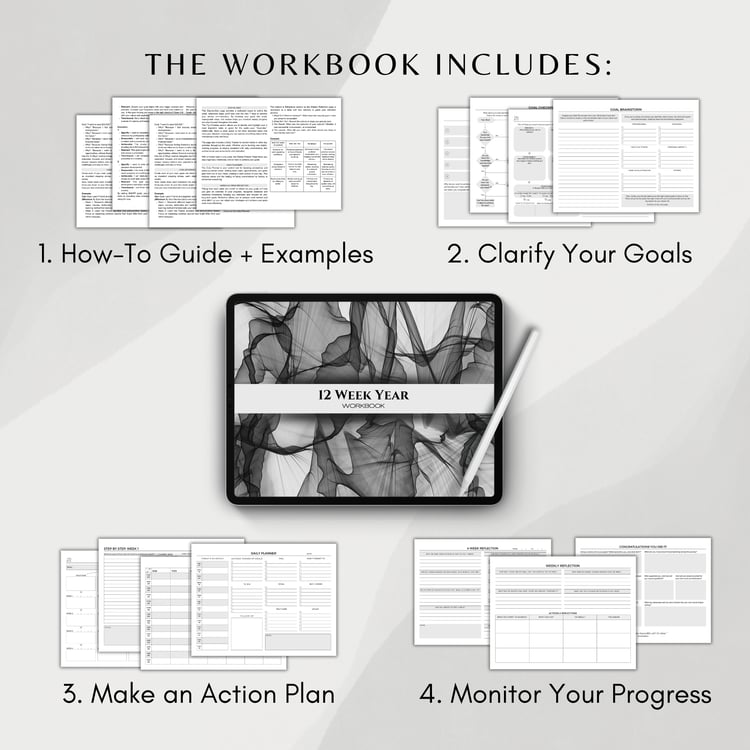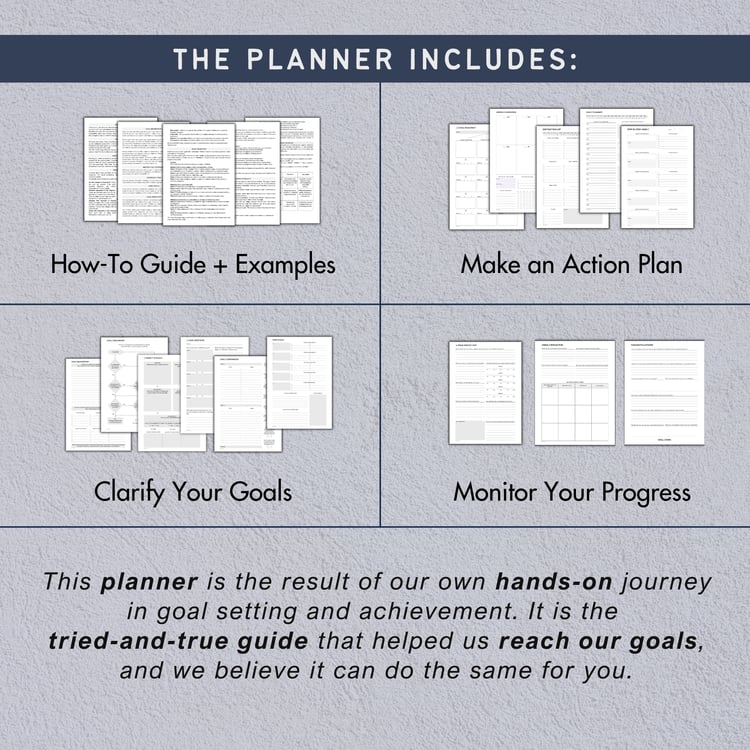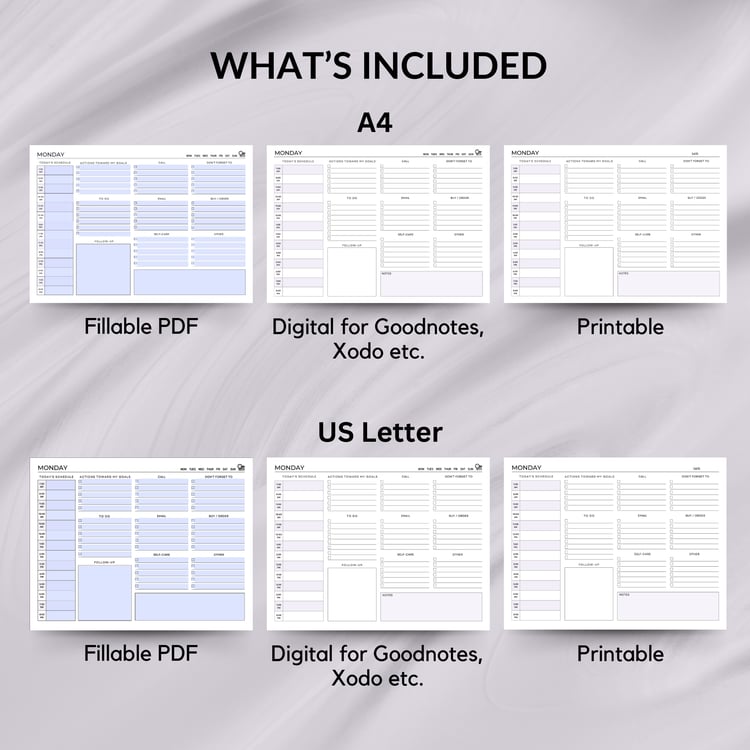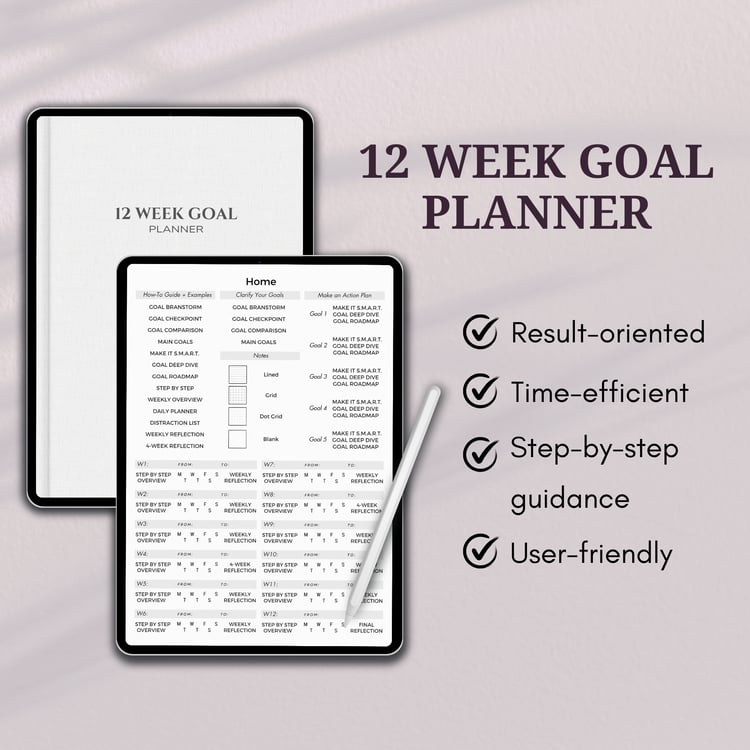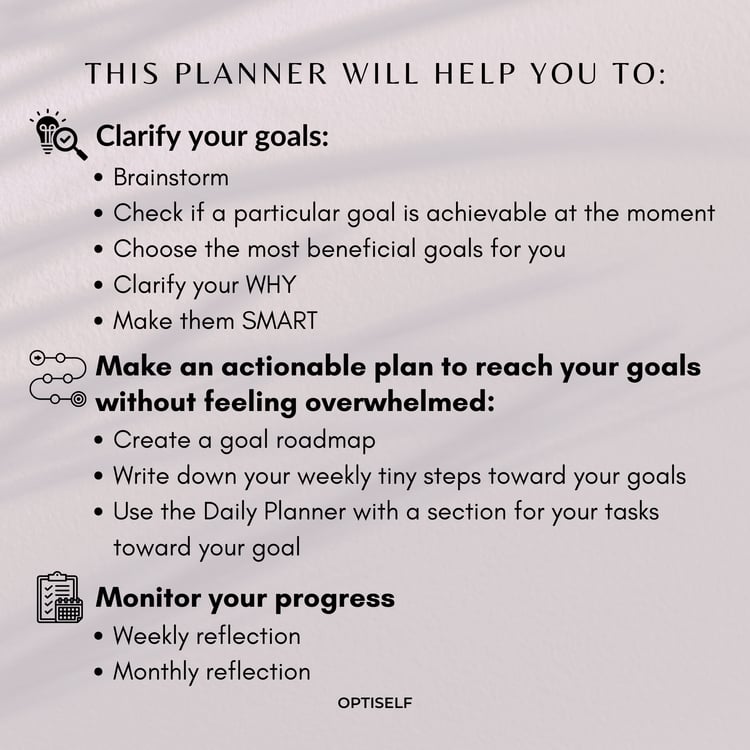Forgiving yourself can be one of the toughest emotional challenges to overcome, but it’s also one of the most powerful. The weight of guilt can hold you back, preventing you from growing and moving forward. The truth is, self-forgiveness isn’t just about letting go of your past mistakes—it's about embracing your humanity, learning from your experiences, and nurturing your personal growth. In this guide, we’ll walk through each step of self-forgiveness so that you can release self-blame, move past regret, and step into a more compassionate and empowered version of yourself.
Step 1: Acknowledge the Mistake
The first step toward forgiveness is recognizing what went wrong. Avoid downplaying or denying your actions. Take a moment to reflect on what happened and why it bothers you.
Acknowledging the mistake creates a foundation for self-awareness. It’s impossible to address an issue without first recognizing it. This step allows you to take responsibility without being overly critical of yourself.
Example 1: If you missed an important deadline at work, acknowledge the situation: "I forgot to submit the project on time, which impacted my team’s progress."
Example 2: If you raised your voice during an argument, recognize your behavior: "I yelled instead of calmly discussing the issue."
Example 3: If you neglected a friend’s feelings, admit it: "I didn’t check in when they needed support."
Tip: Be specific but avoid exaggerating the mistake or assigning blame unnecessarily.
Step 2: Understand the Context
No mistake happens in a vacuum. Consider the circumstances, including your mindset, resources, and external pressures. Understanding the bigger picture can help you see the situation with more clarity and less judgment. It allows you to see yourself as a whole person, influenced by various factors, rather than defining yourself solely by the mistake.
Example 1: Maybe you missed the deadline because you were juggling multiple responsibilities and didn’t have enough support. Recognize these factors without using them as excuses.
Example 2: Perhaps you lashed out because you were overly stressed and hadn’t slept well in days.
Example 3: If you forgot an important event, it might have been due to an overwhelming schedule or lack of organization.
Tip: Reflect on what was within and beyond your control.
Step 3: Learn from the Experience
Every mistake is an opportunity to grow. Ask yourself what you’ve learned and how you can prevent similar situations in the future. This step turns negative experiences into valuable life lessons, helping you make better choices in the future.
Example 1: You might realize that setting reminders or asking for help early could have avoided the issue.
Example 2: If you overreacted during a conversation, you might learn the importance of taking a moment to pause and breathe before responding.
Example 3: If you missed a commitment, you might discover the value of maintaining a detailed calendar or planner.
Tip: Write down actionable steps to implement your lessons.
Step 4: Apologize if Necessary
If your actions hurt someone else, a sincere apology can mend relationships and ease your guilt. Apologizing doesn’t mean seeking approval—it’s about taking responsibility and expressing empathy.
It helps repair trust and shows others that you value their feelings. Apologizing is also an important step toward releasing guilt and moving forward.
Example 1: Reach out and say, "I’m sorry for not meeting the deadline. I understand how it impacted the team, and I’ll work to prevent this in the future."
Example 2: Apologize to a friend: "I’m sorry for not being there when you needed me. I’ll make sure to check in more often."
Example 3: Acknowledge a moment of frustration: "I’m sorry for snapping at you. That wasn’t fair, and I’ll work on managing my stress better."
Tip: Be honest, direct, and focus on the other person’s feelings.
Step 5: Release Regret
Regret can be a heavy burden. While it’s important to acknowledge your feelings, holding onto regret doesn’t serve you - it can prevent you from moving forward. Letting it go allows you to focus on the present and future instead of being stuck in the past.
Example 1: Instead of replaying the missed deadline over and over, remind yourself: "I’ve learned from this, and I’m taking steps to improve."
Example 2: If you regret an argument, focus on how you’ve taken steps to communicate better in the future.
Example 3: If you regret a missed opportunity, remind yourself of the lessons it taught you and how you’ll act differently next time.
Tip: Journaling or talking with a trusted friend can help release lingering regret.
Step 6: Practice Self-Compassion
Treat yourself with the kindness you’d show a close friend. Remind yourself that everyone makes mistakes and that you’re worthy of forgiveness.
Self-compassion is key to emotional well-being. It helps you build resilience and prevents negative self-talk from spiraling out of control.
Example 1: Say to yourself, "I’m human, and it’s okay to stumble. This doesn’t define my worth."
Example 2: Write a compassionate note: "Dear me, I’m proud of your efforts, even when things don’t go as planned."
Example 3: Take a self-care day to recharge and reflect on your progress.
Tip: Try self-compassion exercises, like writing a supportive letter to yourself.
Step 7: Focus on Self-Improvement
Channel your energy into becoming a better version of yourself. Use what you’ve learned to set realistic goals and build new habits.
Focusing on self-improvement transforms forgiveness into action. It empowers you to grow beyond your mistakes and build a stronger foundation for the future.
Example 1: Commit to better time management practices, like prioritizing tasks and scheduling focused work blocks.
Example 2: Work on improving communication by practicing active listening and empathy.
Example 3: Take a class or workshop to enhance your skills and confidence in a specific area.
Tip: Celebrate small wins along the way to stay motivated.
Step 8: Celebrate Your Progress
Forgiving yourself is a journey, not a one-time event. Acknowledge how far you’ve come, even if you’re still working on fully letting go.
Celebrating progress reinforces positive behavior and encourages you to keep moving forward. It reminds you that growth is an ongoing process.
Example 1: Reflect on the positive changes you’ve made since the mistake: "I’ve taken steps to improve, and I’m proud of my progress."
Example 2: Share your achievements with a supportive friend or mentor who recognizes your growth.
Example 3: Treat yourself to something special, like a favorite meal or a relaxing activity, to honor your efforts.
Tip: Reward yourself for milestones, like completing a challenging task or showing self-kindness.
Self-forgiveness isn’t an overnight process, but with each small step, you are building a stronger, more compassionate relationship with yourself. By acknowledging your mistakes, learning from them, and committing to self-improvement, you create a foundation for growth, healing, and happiness. Remember, forgiving yourself is a courageous choice—it’s the key to unlocking your fullest potential. Celebrate your progress, no matter how small, and continue moving forward. You’ve got this!



